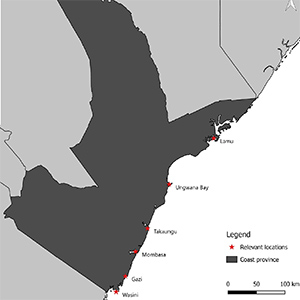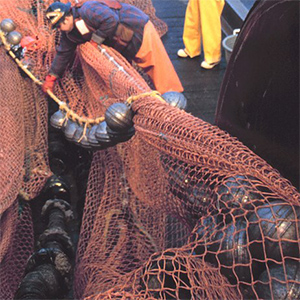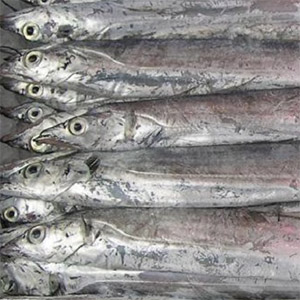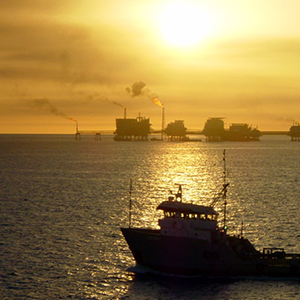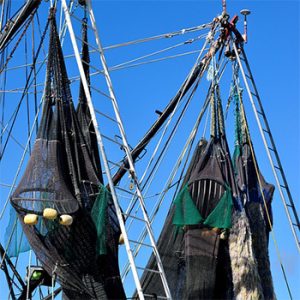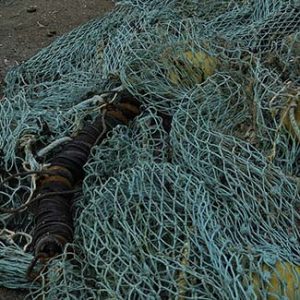FCRR: Ecosystem modelling to support fisheries management efforts in the Nyali-Mombasa area, coastal Kenya
Part of the Sustainable Poverty Alleviation from Costal Ecosystem Services project (SPACES), this research addresses how we can best develop sustainable, effective fisheries decisions, while preserving the livelihoods of fishers and their dependents
China’s policy efforts to limit bottom trawling are not working
By tracking the changes in China’s bottom trawl fishing policies from the 1950s to today and found that these policies are not working
UBC seahorse expert wins world’s top animal conservation award
Amanda Vincent becomes first marine conservationist to win Indianapolis Prize
Popular fish in China would increase in value if caught with larger meshes
Fish that are highly valued by Chinese consumers, such as largehead hairtail, would grow in value and in amounts caught if industrial fisheries increased the mesh size of their nets
New technology allows fleets to double fishing capacity — and deplete fish stocks faster
Mechanisms such as GPS, fishfinders, echo-sounders or acoustic cameras, has led to an average 2% yearly increase in boats’ capacity to capture fish
Ahead of the G7 Summit, UBC researchers played key role in shaping marine policies
UBC researchers applied their expertise to tackle key ocean-based challenges and help shape marine policies.
437 million tonnes of fish, $560 billion wasted due to destructive fishing operations
Research suggests that bottom trawling generates the most waste of any fishing method because the unwanted catch is dumped back into the ocean.
Bottom trawling causes deep sea fish populations collapse
Bottom trawling is causing “boom and bust” fisheries.
